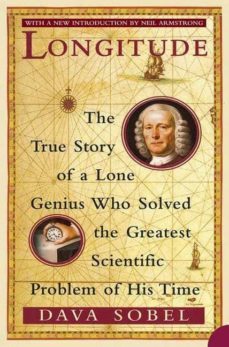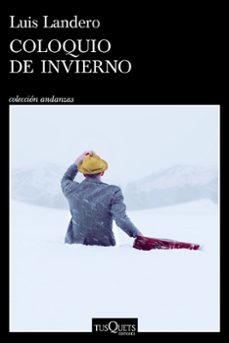📗 Libro en inglés LONGITUDE
PENGUIN- 9780140258790
Sinopsis de LONGITUDE
During the great ages of exploration, "the longitude problem" was the gravest of scientific challenges. Lacking the ability to determine their longitude, sailors were literally lost at sea as soon as they lost sight of land. Ships ran aground on rocky shores; those traveling well-known routes were easy prey to pirates. In 1714, England's parliament offered a huge reward to anyone whose method of measuring longitude to be proven successful. The scientific establishment-Galileo to Sir Isaac Newton--had mapped the heavens in its certainty of a celestial answer. In stark contrast, one man, John Harrison, dares to imagine a mechanical solution--a clock that would keep precise time at sea, something no clock had been able to do on land. And the race was on . . .
Ficha técnica
Editorial: Penguin
ISBN: 9780140258790
Idioma: Inglés
Número de páginas: 200
Tiempo de lectura:
4h 4m
Encuadernación: Tapa blanda
Fecha de lanzamiento: 31/10/1996
Plaza de edición: Londres 1996
Especificaciones del producto
Escrito por Dava Sobel
Dava Sobel es una de las escritoras y divulgadoras científica más importantes de Estados Unidos. Ha ejercido como periodista en el New York Times y ha escrito en revistas como Harvard Magazine, Sience Digest o Discover. Su gran éxito como escritora llegó con Longitud (1995) y desde entonces ha publicado Los planetas (2006), Un cielo pluscuamperfecto (2013), entre otros.
Descubre más sobre Dava Sobel Recibe novedades de Dava Sobel directamente en tu email
Opiniones sobre LONGITUDE
¡Sólo por opinar entras en el sorteo mensual de tres tarjetas regalo valoradas en 20€*!


































